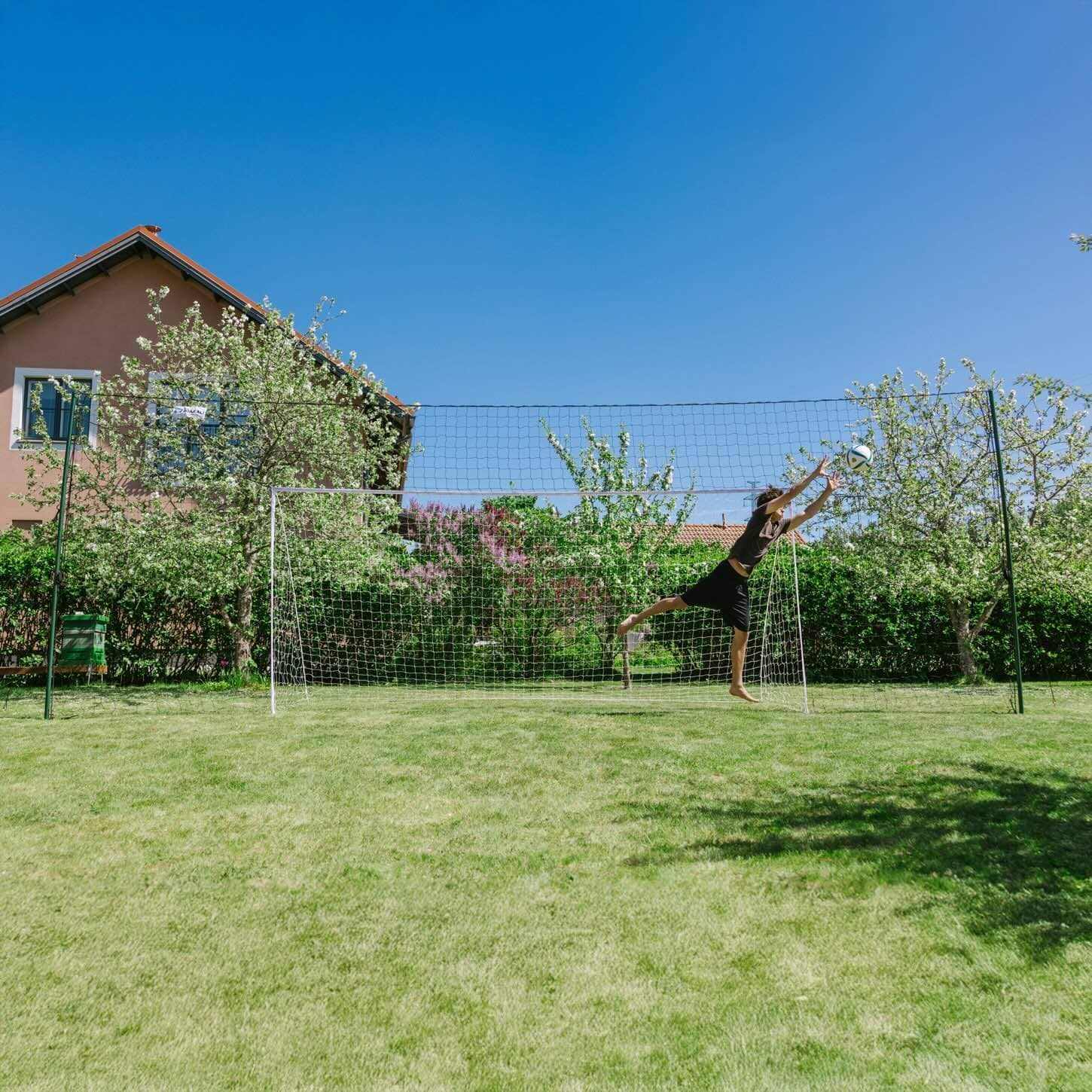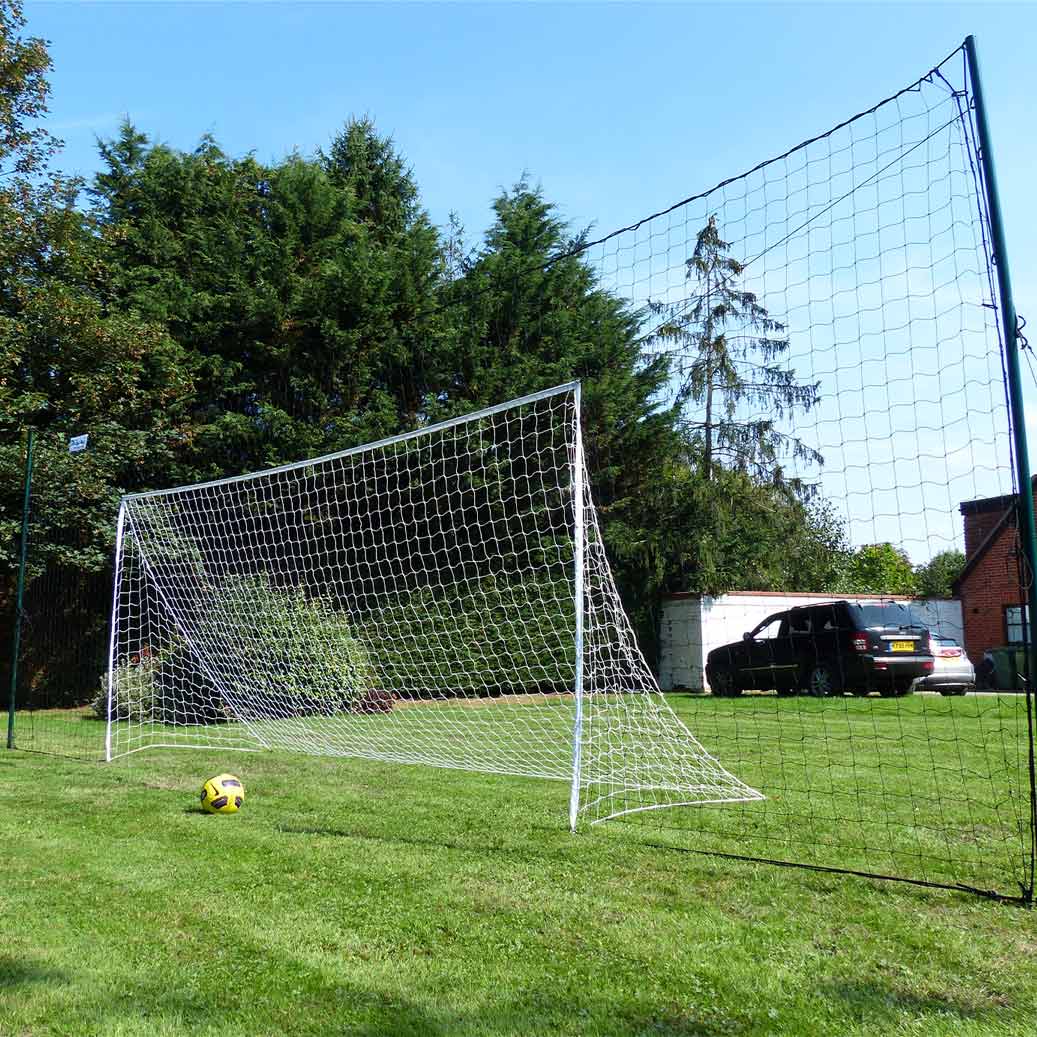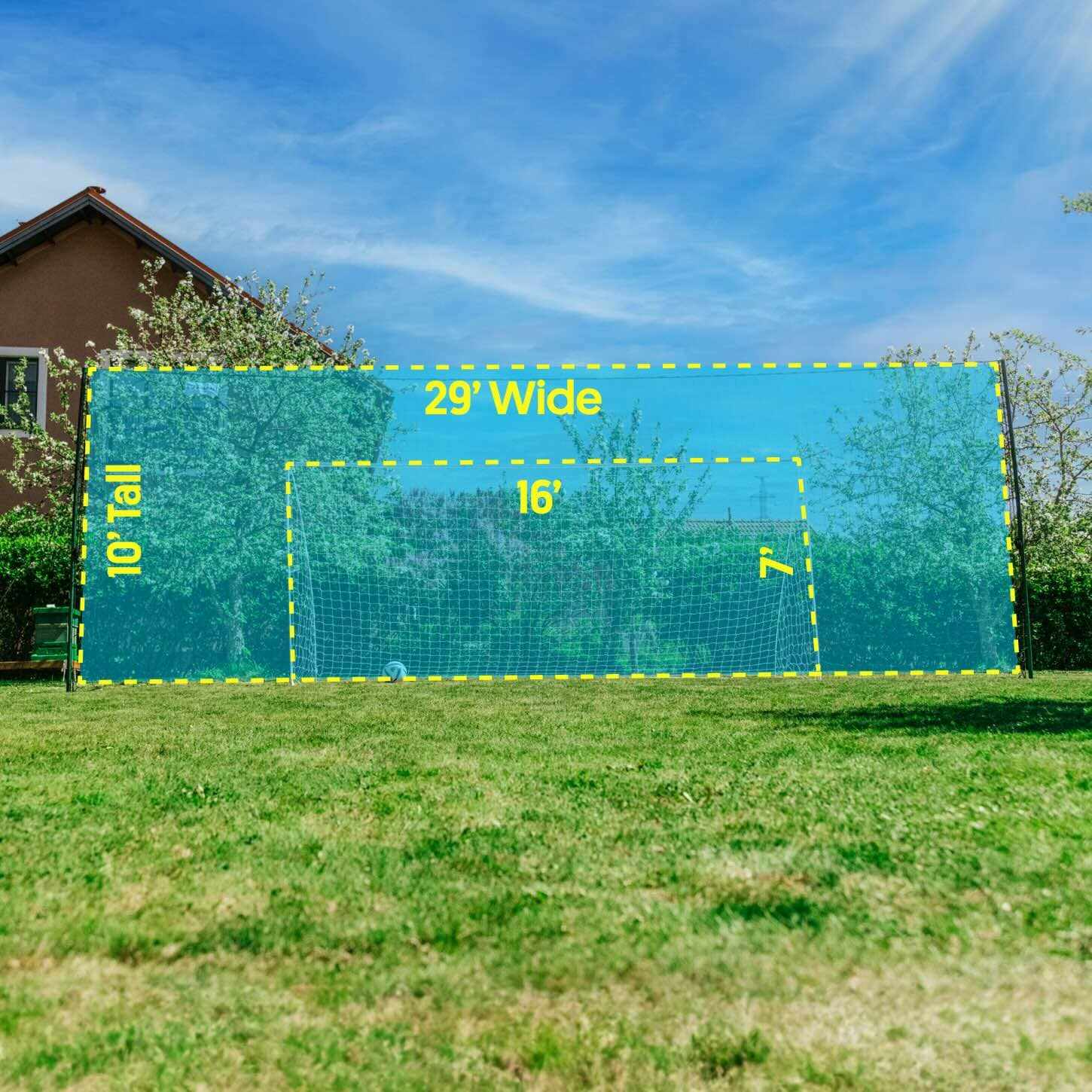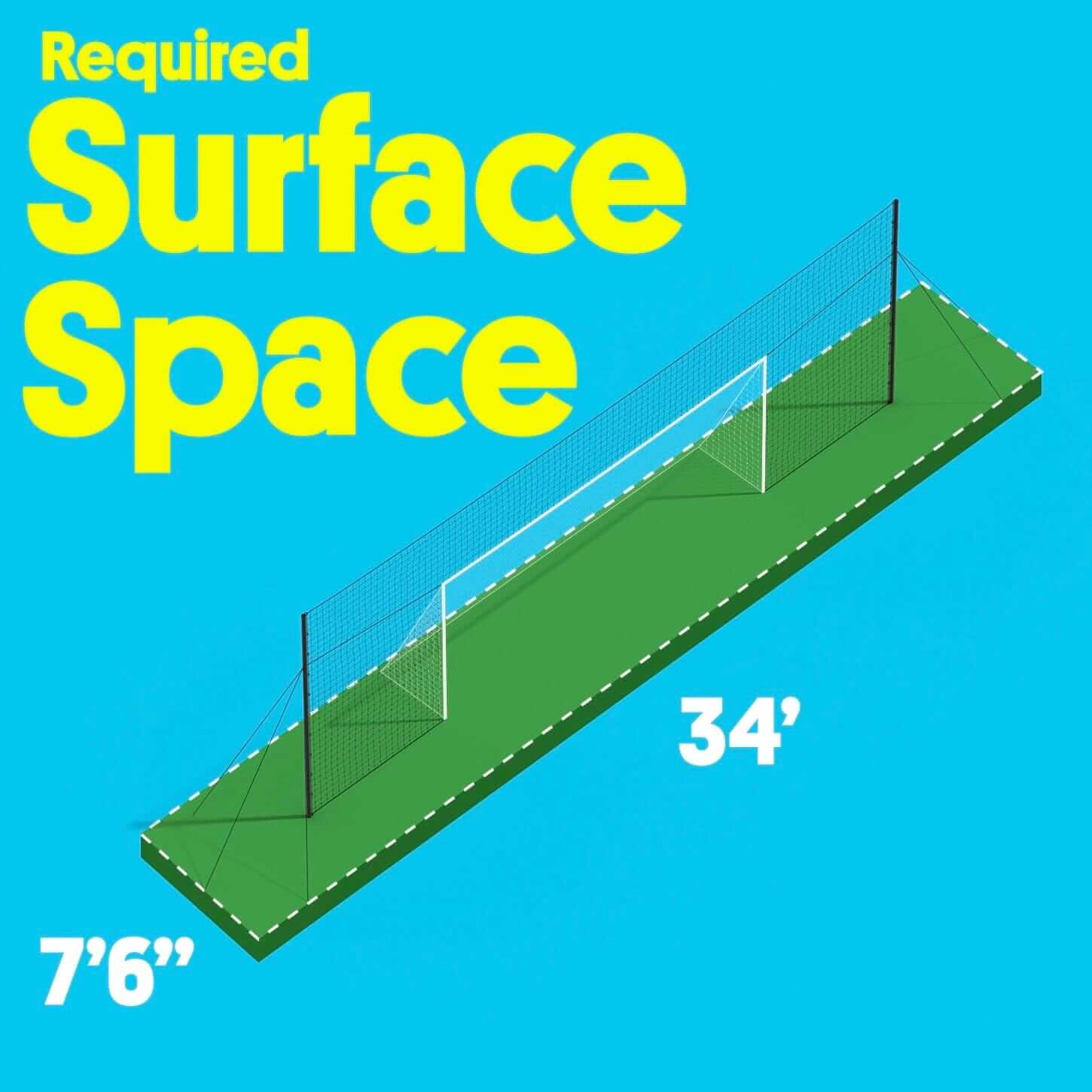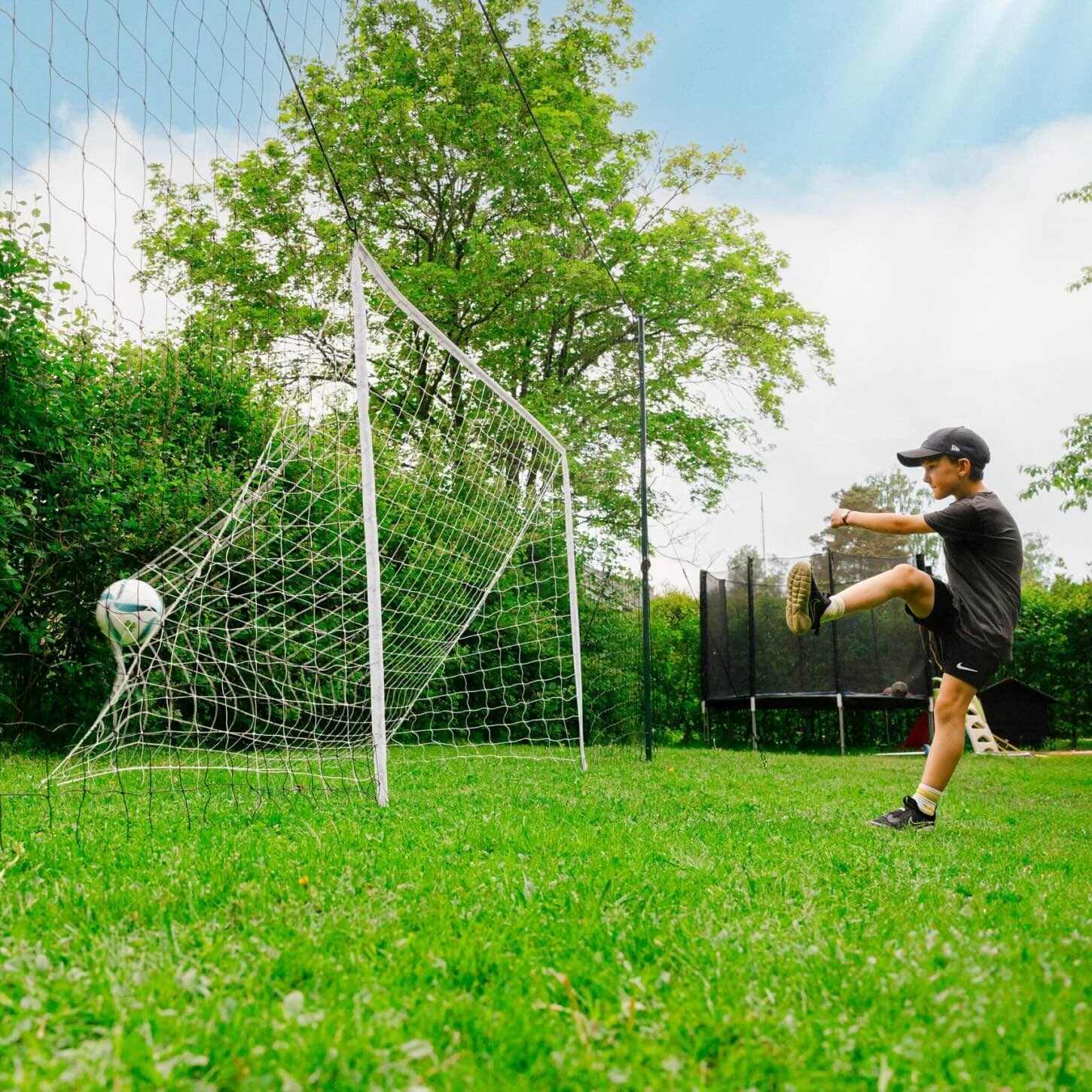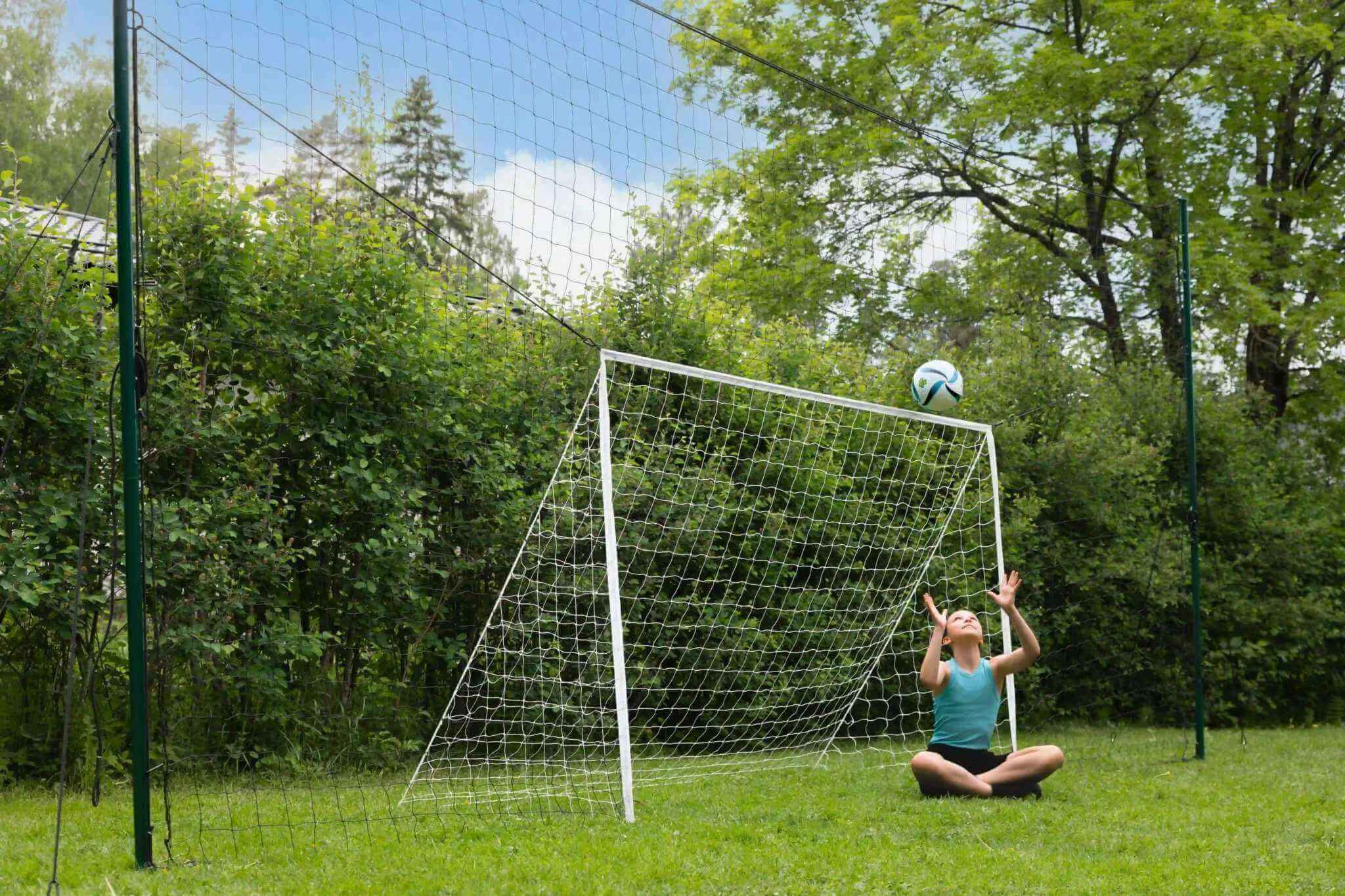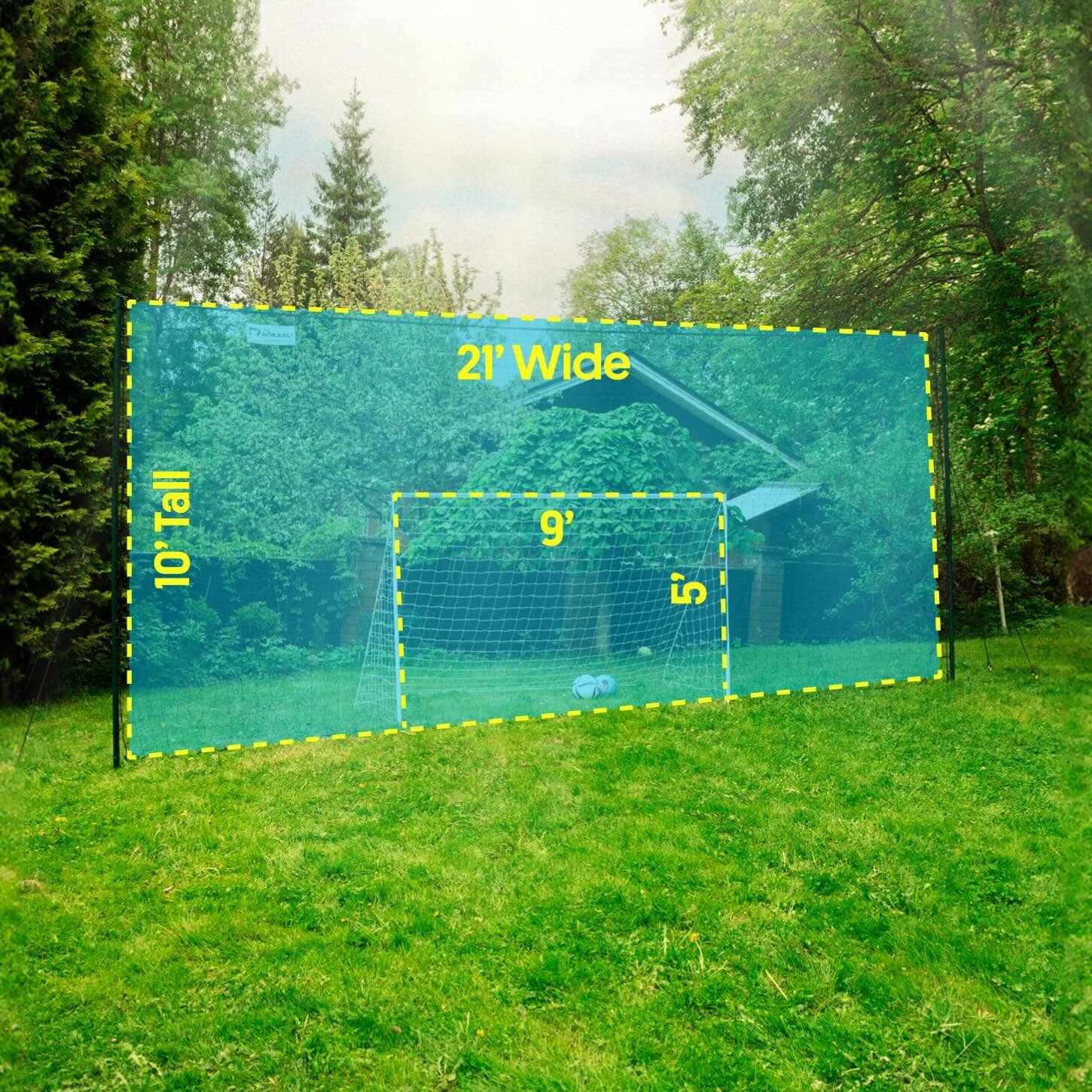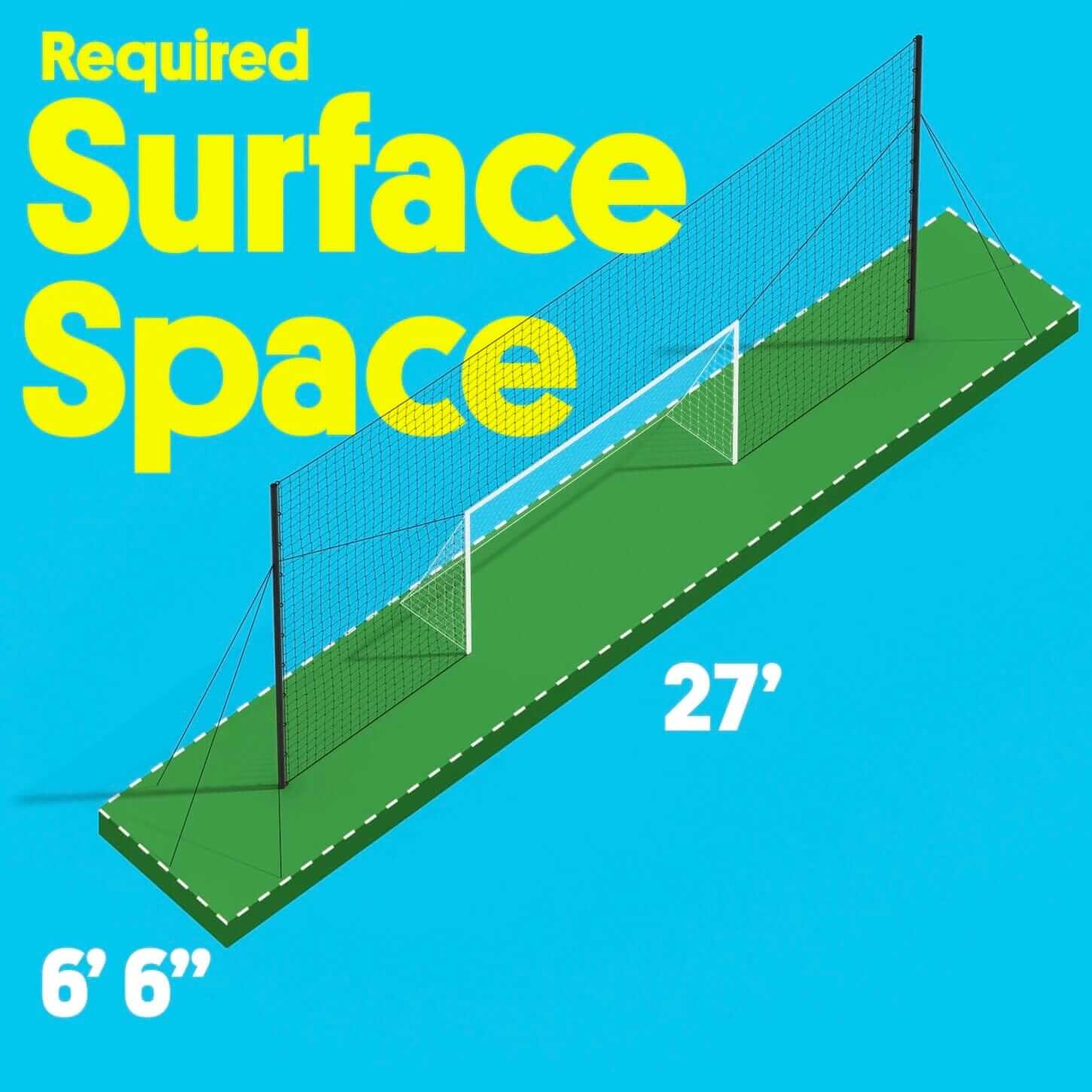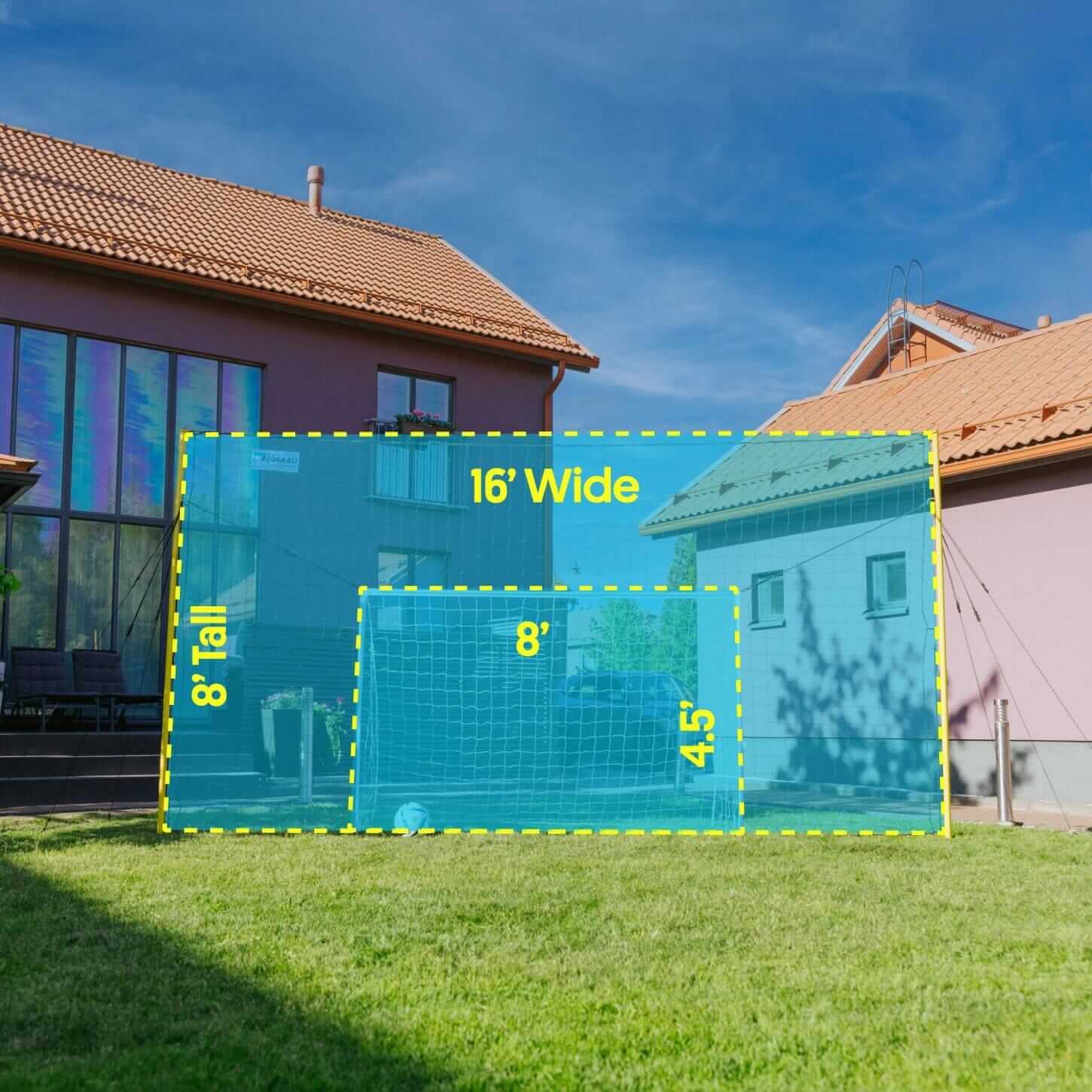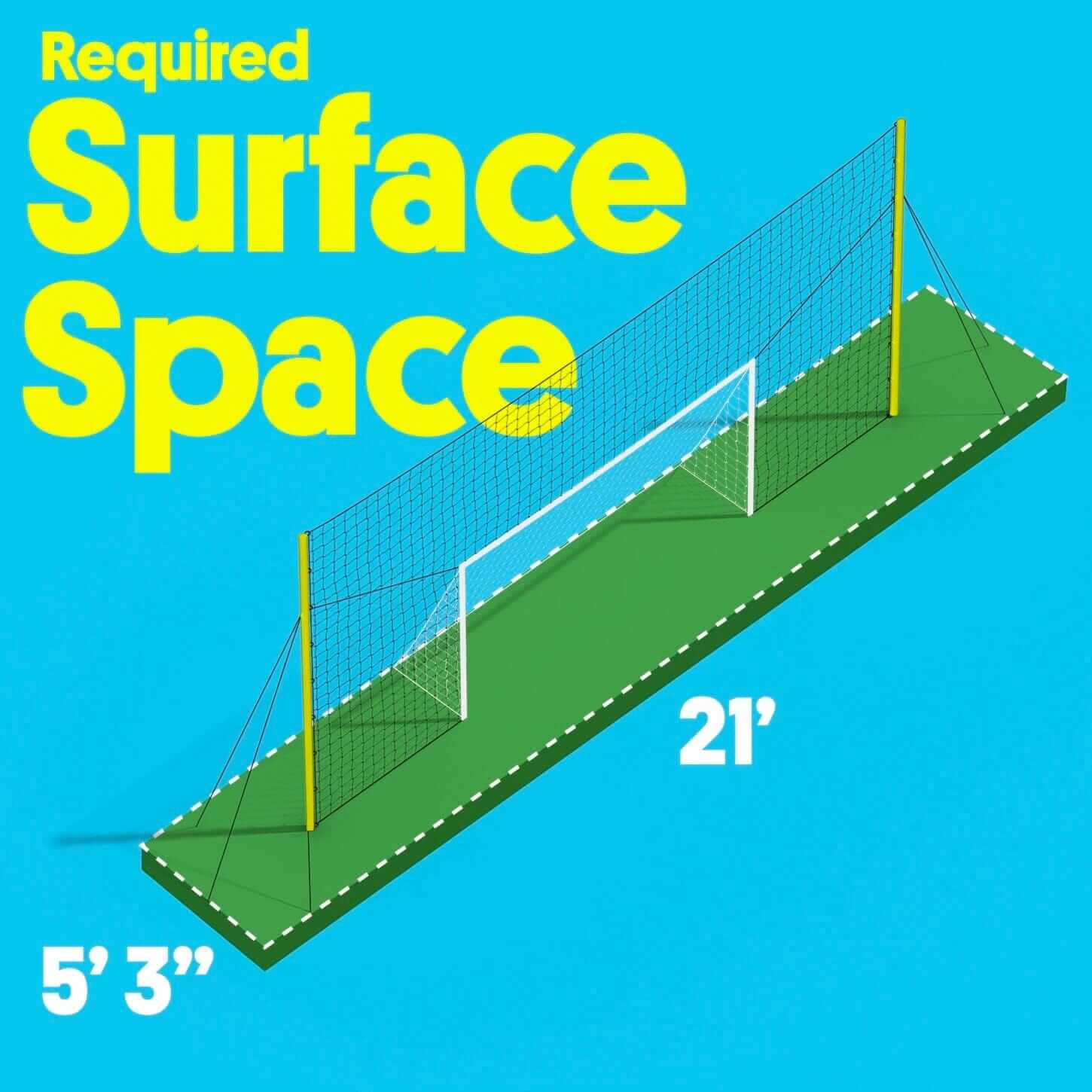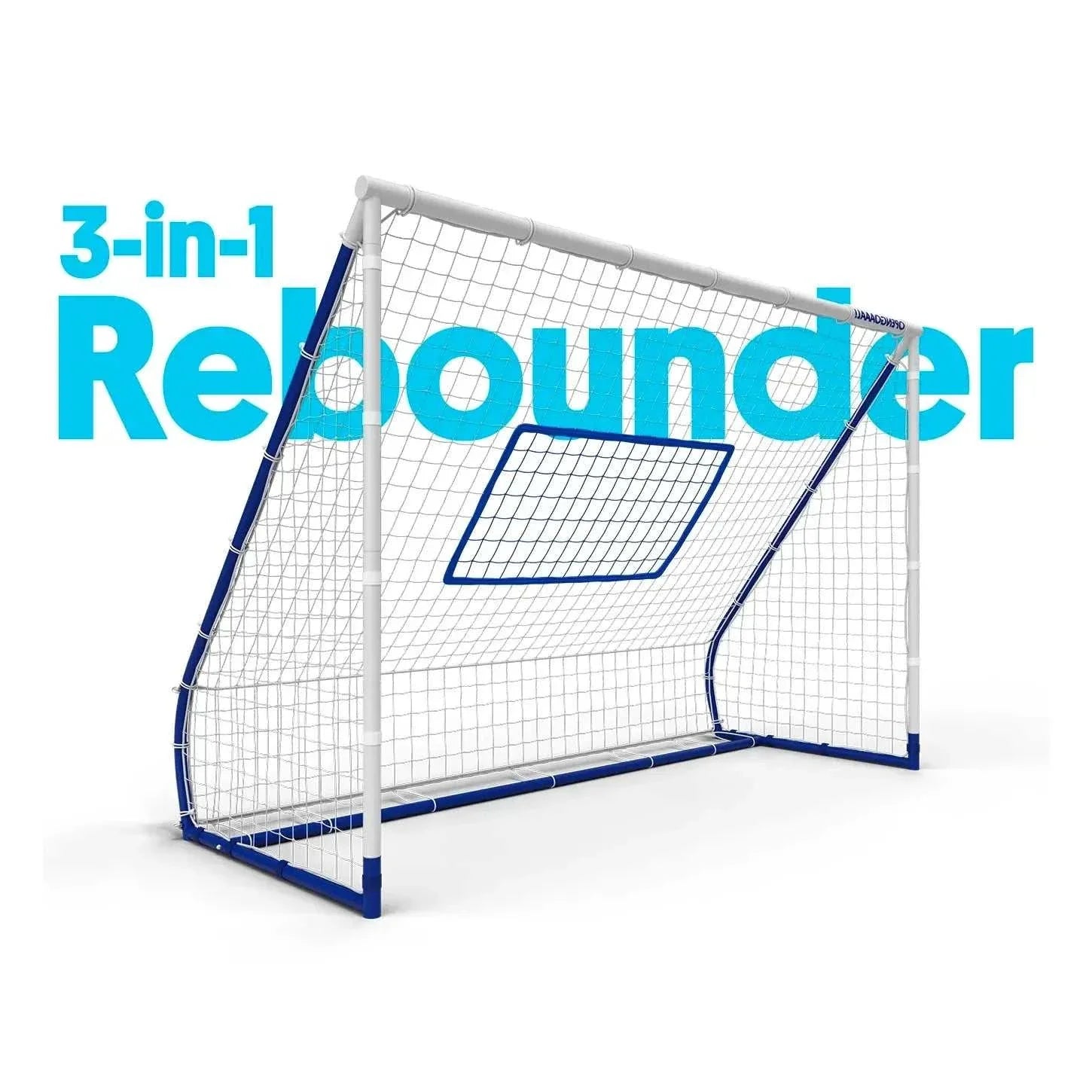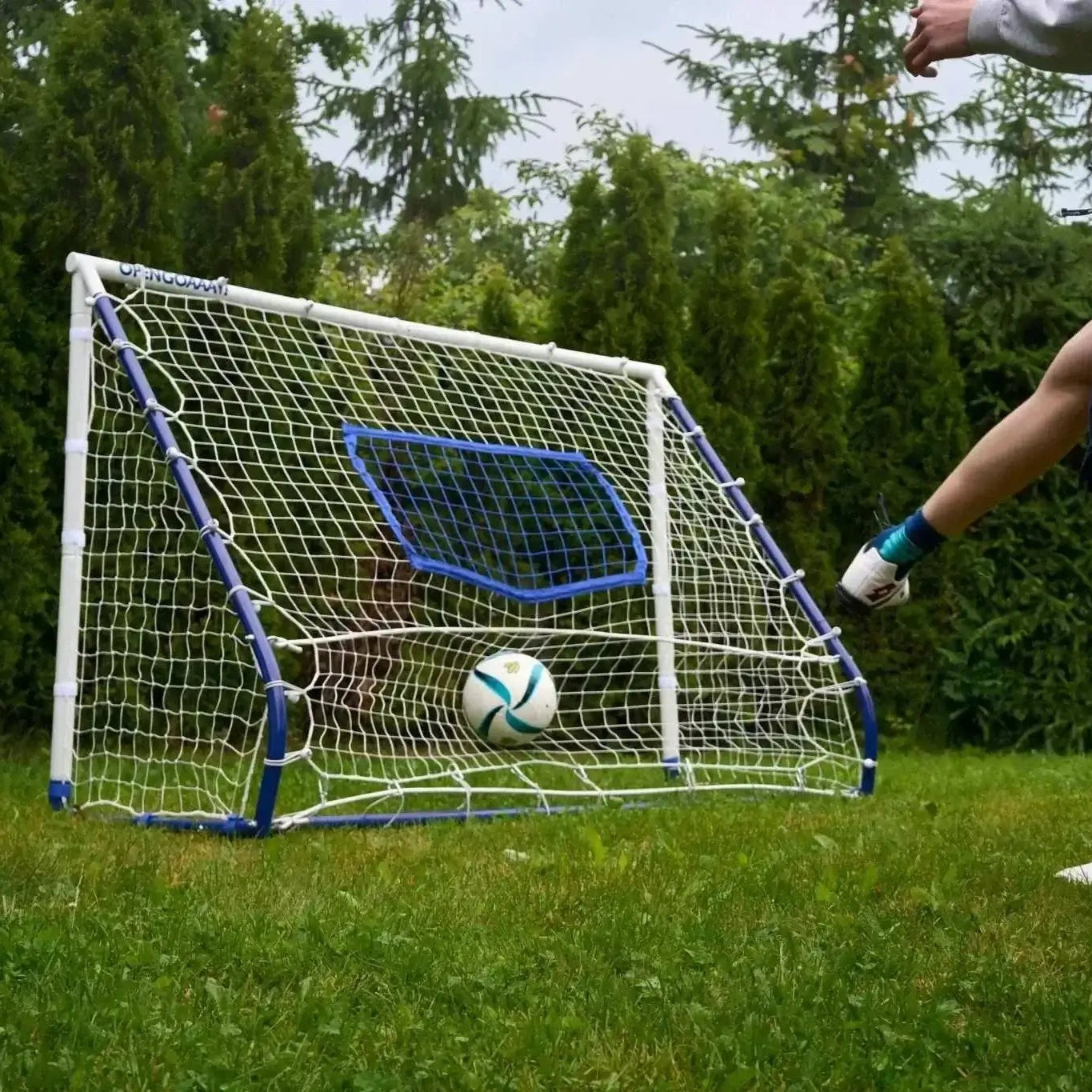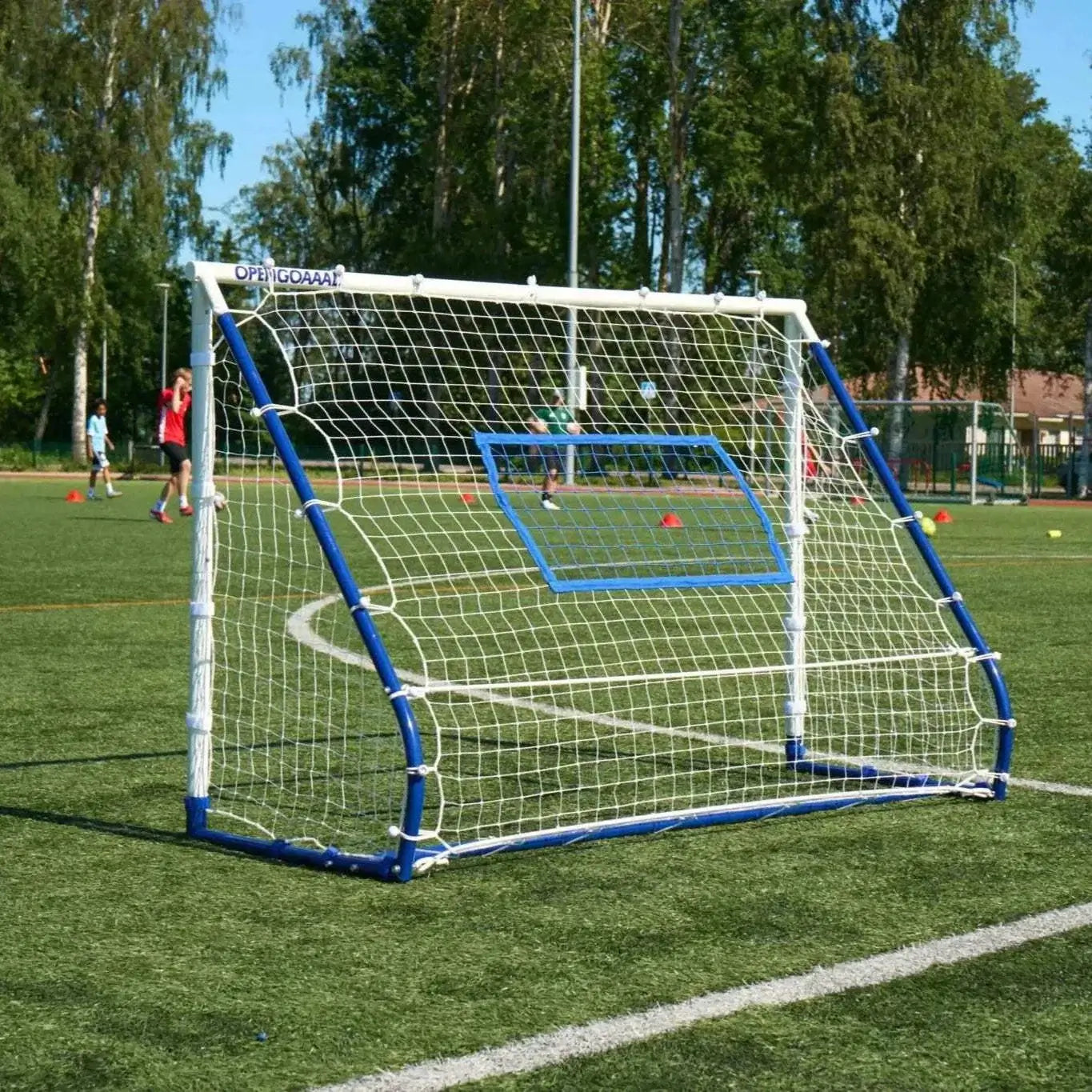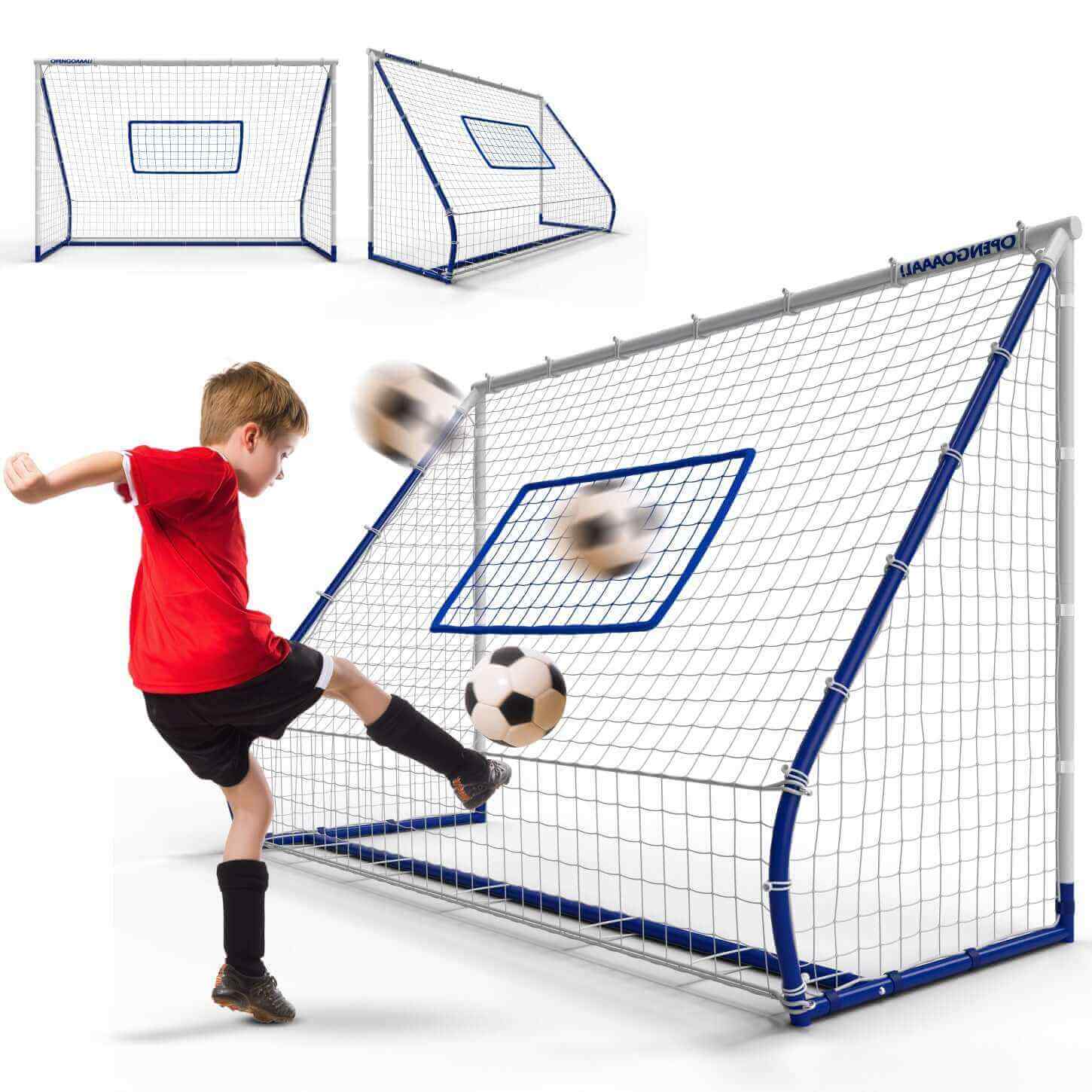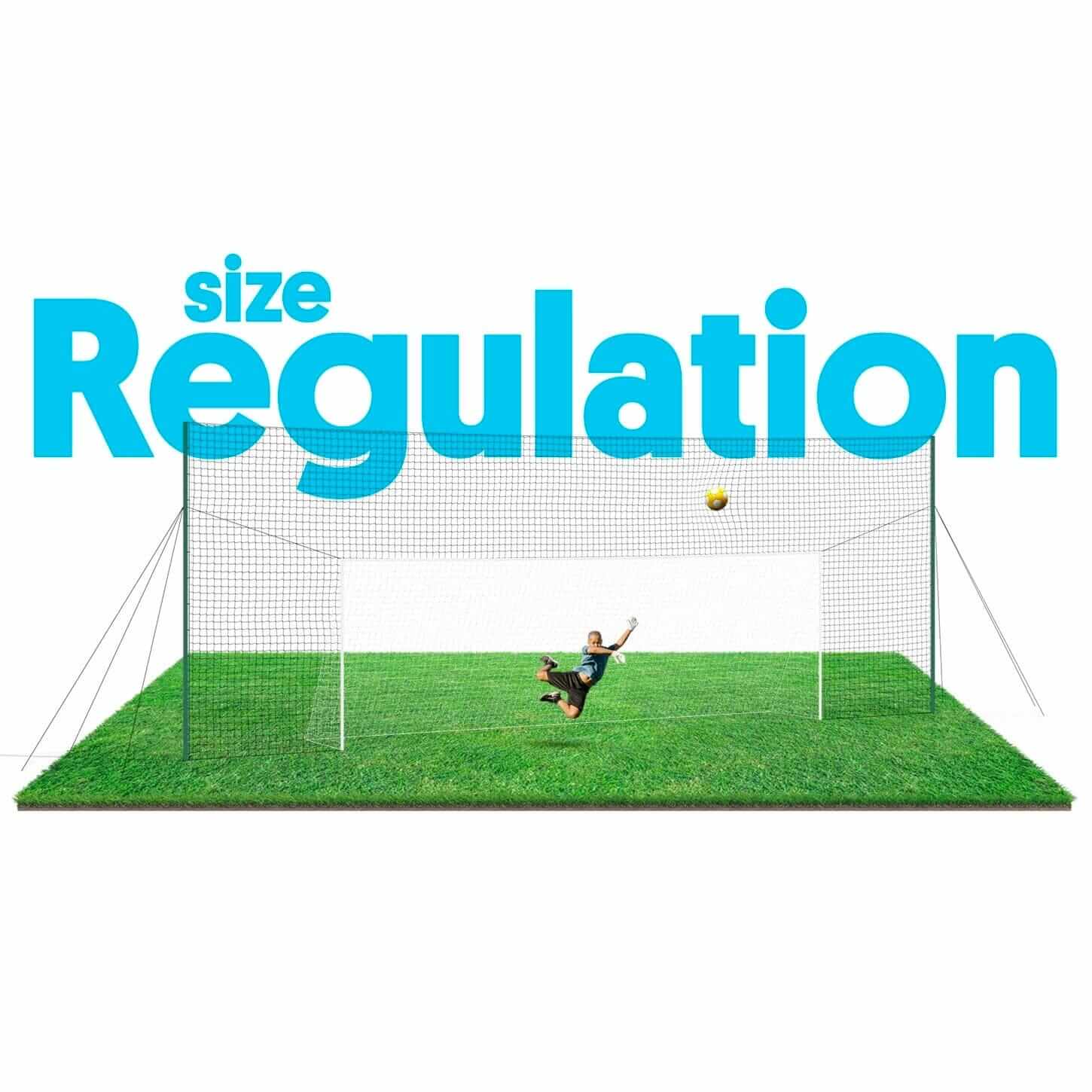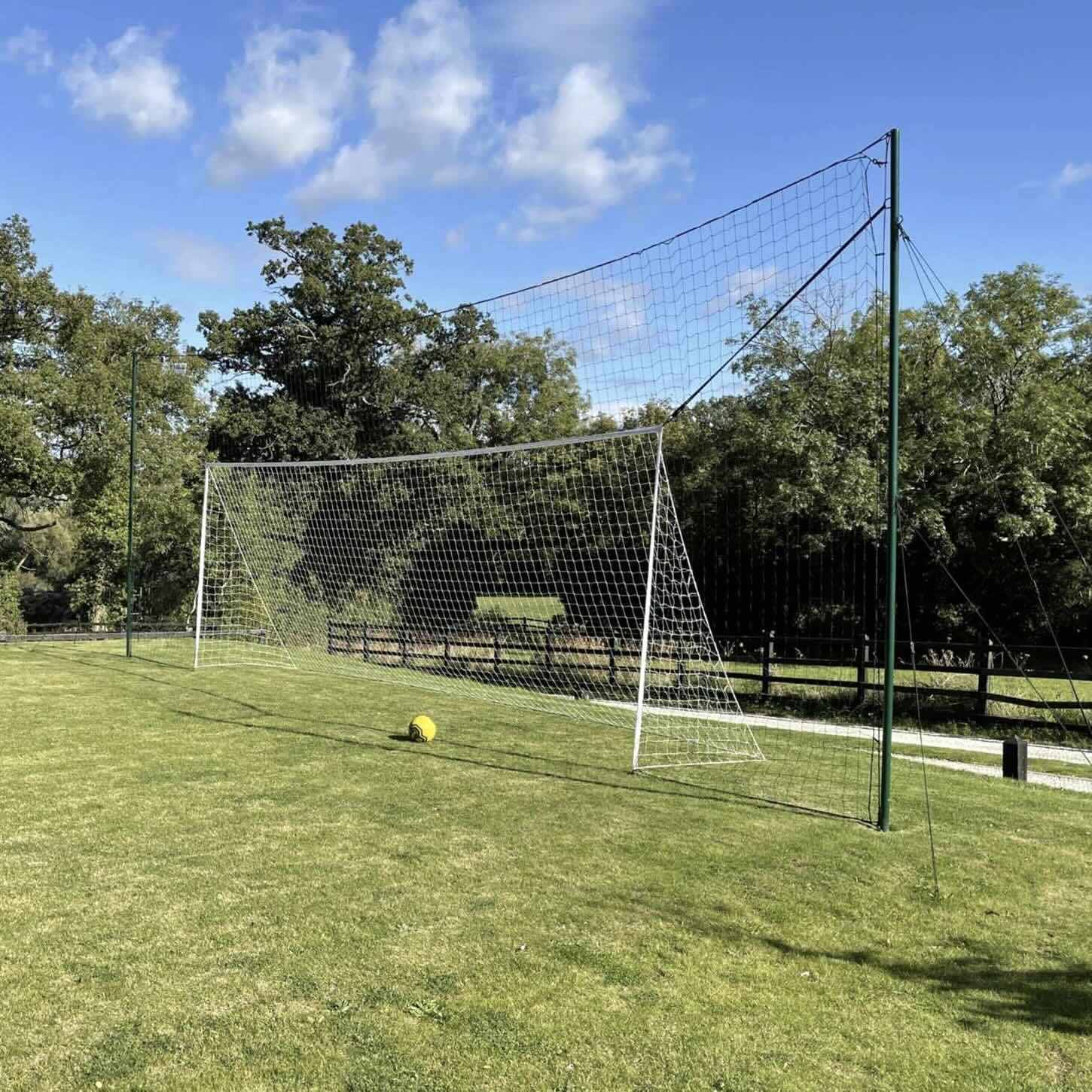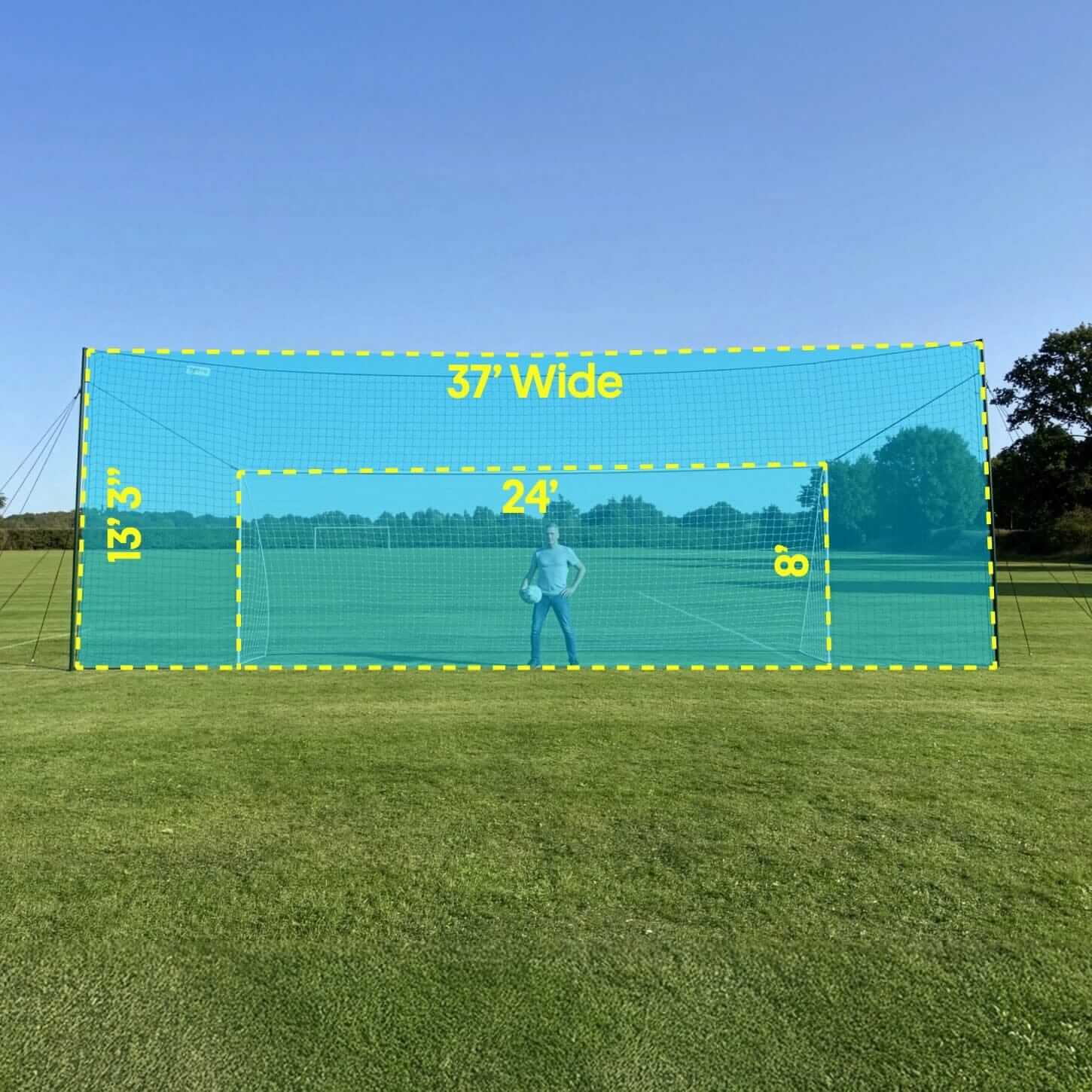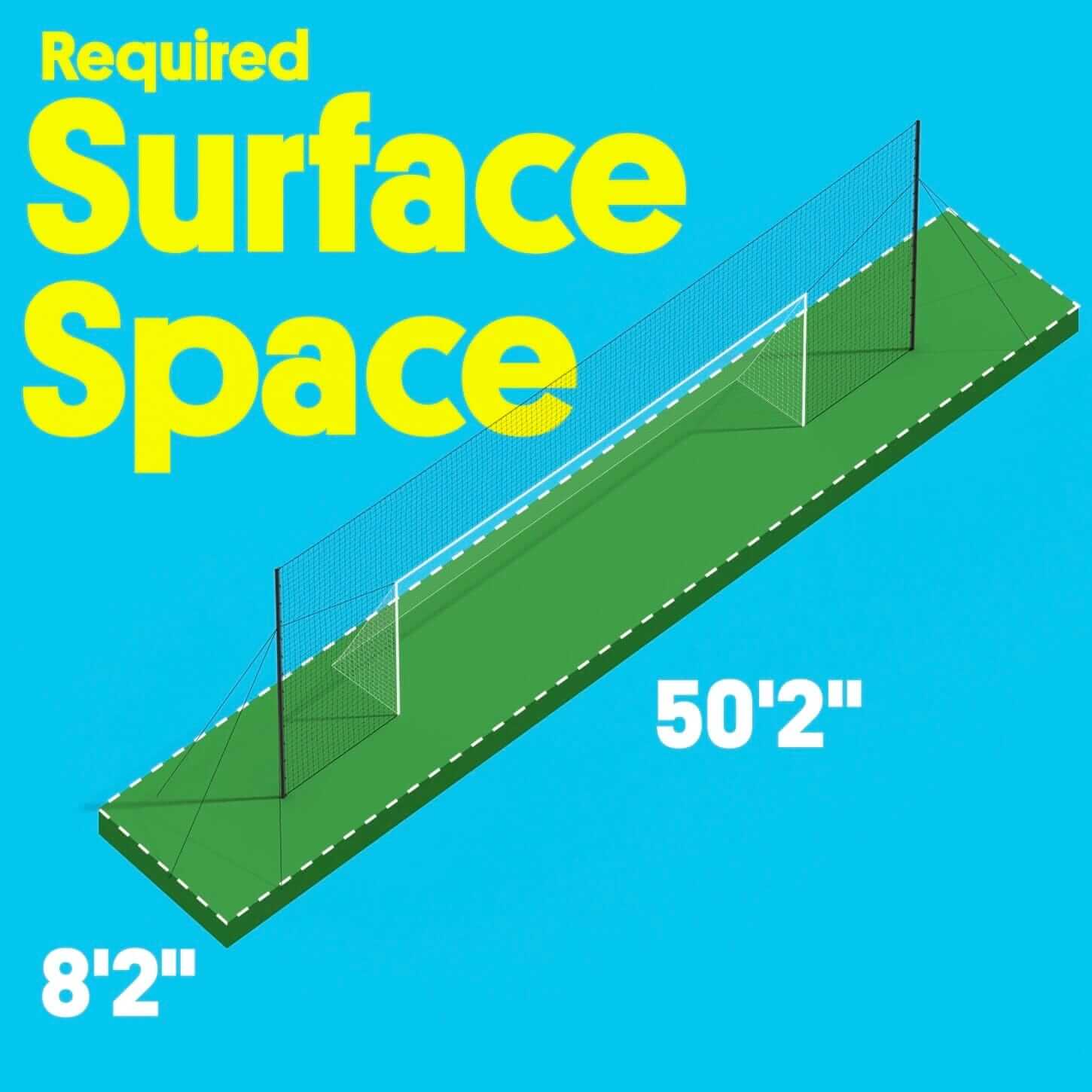Soccer is a sport that brings people together from all over the world. It is a game of skill, strategy, and teamwork, but it also has a few ground rules.
With referees on the field to ensure fair play, laws of the game are set in place to maintain order and protect players from unnecessary harm.
One important aspect of the rules in a soccer game is the yellow card. Often avoided by players and coaches alike, the yellow card is a crucial part of the game that can change the course of a match in an instant.
What Does a Yellow Card in Soccer Mean?
When the referee shows you a yellow card, it indicates that they have issued you a warning about your actions and need to take more care going forward.
The yellow card serves as an effective communication method between both yourself and all those watching that you have been penalized for your offenses.
Yellow cards carry long-term consequences.
If you receive two yellow cards during one game, you will be issued a red card and immediately sent off the field, which can lead your team to the losing or maybe a soccer draw. Yellow cards are not severe enough to warrant a penalty kick.
How Long Does a Yellow Card Last in Soccer?
Yellow cards remain effective only during the course of a game in which they were issued.
Once the game has ended, their impact or consequences no longer have any bearing.
Be mindful that an accumulation of yellow cards can have far-reaching repercussions beyond a single game.
For example, some competitions allow accumulating yellow cards over multiple games to lead to suspension or ineligibility for future matches depending on league soccer rules and competition regulations.
It's also important to bear in mind that specific consequences for amassing yellow cards will depend on both competition and league regulations.
How Many Yellow Cards Equal a Red Card?
When a player receives two yellow cards in the same game, it results in an automatic red card, and the player must leave the field immediately.
The player will be suspended for the next game, and the number of games they will miss may vary based on the severity of the offense.
Do Yellow Cards Carry Over?
No, yellow cards do not carry over from the group stage to knockout rounds in tournaments such as the World Cup, FIFA world cup, Premier League, or UEFA Champions League tournaments, meaning that if someone receives a yellow card during the group stage match, it won't count against their total in knockout stages.
However, yellow cards carry over from one game to the next within the same competition or league. If a player receives a yellow card during one match, it will count towards their total number and could lead to suspension or even red cards if too many cards accumulate.
How a Player Gets a Yellow Card in Soccer
There are several reasons why a player can get a yellow card in soccer, such as:
- Reckless Tackles: A player who commits reckless tackle infarctions if they use excessive force or lack control over their body, can receive a yellow card for violent conduct. This includes tackles where a player uses their studs or slides in with both feet.
- Dissent: If a player argues with the referee's signals or shows dissent towards the officials, they can receive a yellow card. This includes aggressive or abusive language or gestures.
- Time-wasting: If a player intentionally wastes time during a game, such as delaying the restart of field of play or taking too long for a throw-in, the referee can caution them with a yellow card.
- Persistent Fouling: A player who repeatedly commits foul play throughout the game can be cautioned with a yellow card. This includes small, tactical fouls to stop the opposition from scoring or progressing up the field.
- Simulation: If a player exaggerates contact or fakes an injury to deceive the referee, they can receive a yellow card for simulation or diving.
- Unsporting Conduct: Doing behaviors that show poor sportsmanship, like removing a shirt during celebrations or conducting a handball in soccer without any reason, can result in a yellow card.
How Many Games Do You Miss for 2 Yellow Cards?
If you receive a second yellow card in one tournament, your suspension for at least one game will begin immediately and will prevent you from participating in your team's next scheduled match.
But depending on the tournament or league you are in, how many games you miss for two yellow cards may vary significantly. In some instances, you may only miss one game, while others could result in suspension for multiple matches.
Be mindful that receiving two yellow cards within one game will result in an immediate red card and a one-game suspension, but receiving multiple yellow cards over multiple games typically only applies to the next game.
FAQs
What is the result of a yellow card in soccer?
A yellow card in the soccer field serves as a warning for a player's conduct, and the accumulation of two yellow cards results in a red card and immediate ejection from the game.
What do referees write on yellow cards?
Referees usually write the name of the cautioned player and the reason for the yellow card on the card itself.
Which soccer players have some of the most yellow cards?
There have been many soccer players who have accumulated a high number of yellow cards, including Sergio Ramos, Paul Scholes, and Marco Verratti.
Final Thoughts
Understanding what a yellow card means in soccer is crucial for any player, coach, or parent involved in the game. It's a disciplinary tool that warns players of their conduct and helps maintain the safety and integrity of the sport.
While it's essential to learn the rules of the game and avoid yellow card offenses, it's equally important to practice and develop soccer skills.
This is where the Open Goaaal 3-in-1 Trainer comes in handy. With this innovative trainer and rebounder, players can safely practice their passing, shooting, and heading skills at home without worrying about breaking windows or chasing the ball down the street.



